What does it mean to be a conscious citizen? In her monthly column, senior strategic leader in sustainable and international development, Natasha Hafez explores and expounds on precisely that. Join in her journey towards humanity with purpose.
At the risk of sounding like the Grinch, welcome to your second annual pandemic holiday season that has recently been complicated by yet another COVID-19 variant, surge pricing, and Christmas tree shortages… Merry Christmas (I know, I know – bah humbug)!
One thing another pandemic year has taught us is that we can be more mindful about the choices we make and the impact they have on our global community.
Peter S. Goodman, a global economics correspondent for The New York Times, explains one impact: “Money that Americans once spent on experiences were redirected to things for their homes. The surge clogged the system for transporting goods to the factories that needed them and finished products piled up because of a shortage of shipping containers. Now, ports are struggling to keep up.”
When the pandemic began to spread in early 2020, people and businesses were forced to stop all activity, which sent the global economy into a brief but damaging free fall. As businesses closed, and factories across the world from Asia to Europe and North America halted production, companies were forced to lay off many of their workers, which reduced paychecks, translating to less buying and spending power. Manufacturers and shipping companies assumed that demand would drop sharply, however a much more complicated situation unfolded, challenging the global supply chain.
The pandemic accelerated a trend of online shopping, with many goods originating on one side of the world and being transported to the other. Early on in the pandemic, Amazon.com, the leading e-commerce retailer, sold approximately 60 percent more items than it had its previous year.
“Shortages and delays continue to affect this year’s Christmas and holiday shopping season,” Goodman adds. As businesses and consumers have reacted to shortages by ordering earlier and in larger quantities in anticipation of Christmas, our activities pre- and post-lockdown are outstripping the availability of shipping containers, causing container costs to skyrocket tenfold, further adding more strain on the system. These all are key factors in rising inflation. The Federal Reserve anticipates this disruption will continue well into 2022, but what happens then is up to us to determine.
This year’s supply chain issues and shipping delays have forced us to reconsider our gift-giving strategies, underscoring the need to focus a bit more on meaning, purpose, and our carbon footprint.
Shopping for presents, gift wrapping, trimming the tree, baking Christmas cookies, decorating gingerbread houses, traveling to feast and celebrate with loved ones, etc., … these traditions bring comfort and joy with the season. Each in its own way can be a stressor – environmentally, too.
One way to dodge consumables is to opt for personal time or familial experiences instead of conspicuous consumption. Gift a cooking class, tickets to a sporting event, or book a fun getaway together. Consider volunteerism or philanthropy: give back with a donation of time or money in honour of a loved one.
If you’re traveling to visit family or friends, consider your most efficient means of travel. Can you get there by train? Planes emit six times more carbon dioxide (CO2) per passenger mile than trains. A train can be much more environmentally friendly as it can carry a significant number of passengers, making per capita emissions much lower. The global aviation industry produces around 2% of all human-induced CO2 emissions, but cutting down on air travel does make an impact and it can be an abundant area in which we can begin to make better choices this holiday season.
One of my favourite holiday traditions is going together as a family to a local, family run farm, wandering through hundreds of scenic acres of snow-capped evergreen Fraser firs, blue spruces, and Douglas firs to harvest and chop down our annual Christmas tree. This is a great way to support sustainable forestry as Christmas tree farms stabilise the soil, protect water supplies, and support complex ecosystems. Not to mention, the woodsy fragrance of fresh pine needles in your living room will trigger a magic and nostalgia associated with the holiday season for years to come.
On one hand, our actions this season support economic growth, job opportunities, and our emotional wellbeing by serving others and community. On the other, when consumerism ramps up, it leads to more shipping, packaging, and waste that can further supply chain issues, and increase CO2 emissions into the atmosphere.
The last two years spent in sporadic lockdowns and quarantine remind me how much I miss and cherish experiences and time with those I love. After many of us lost an opportunity to celebrate together last year, it has never been more obvious that the gifts, décor, and aesthetics of the holidays are just extras. After all, was it not the Grinch, himself, who thought: “Maybe Christmas doesn’t come from a store, maybe Christmas perhaps, means a little bit more?”
It is the most wonderful time of the year. The holidays can be a time when we reflect on lessons we have learned and share all we have with those we love.
How will you be Santa’s helper this year? When making your wish list, check it twice and consider how you can be naughty or nice! Try giving BIG, with an elf-sized footprint this year.
I wish you and yours a very Merry Christmas, and a healthy and purposeful New Year!
Yours,
The Conscious Citizen








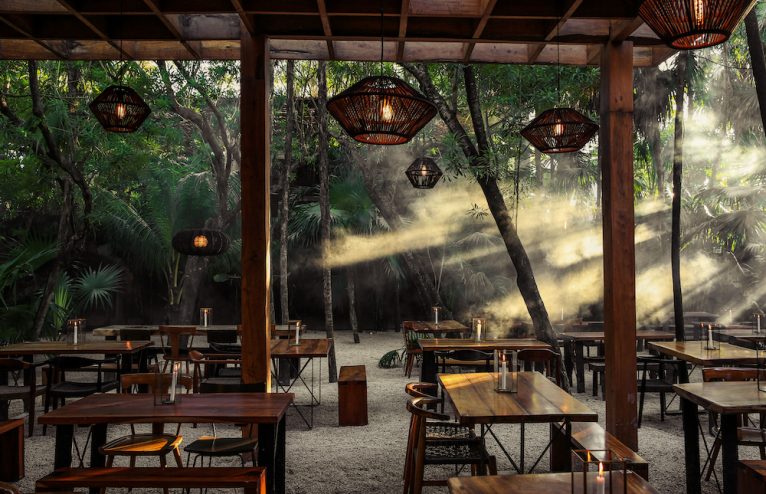
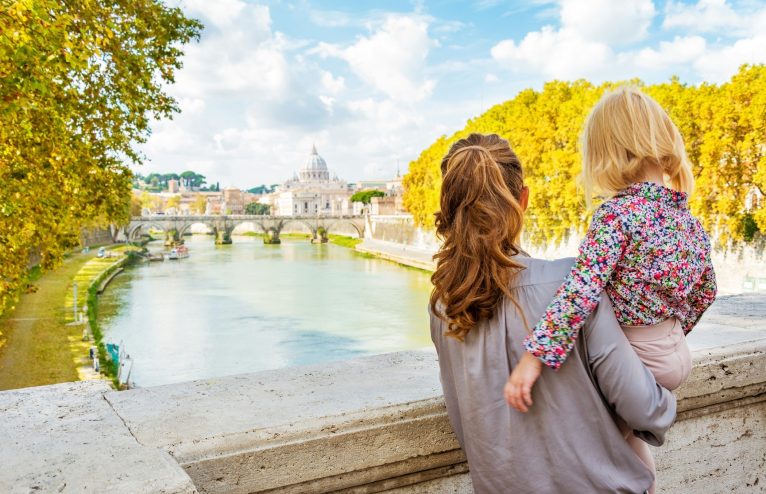
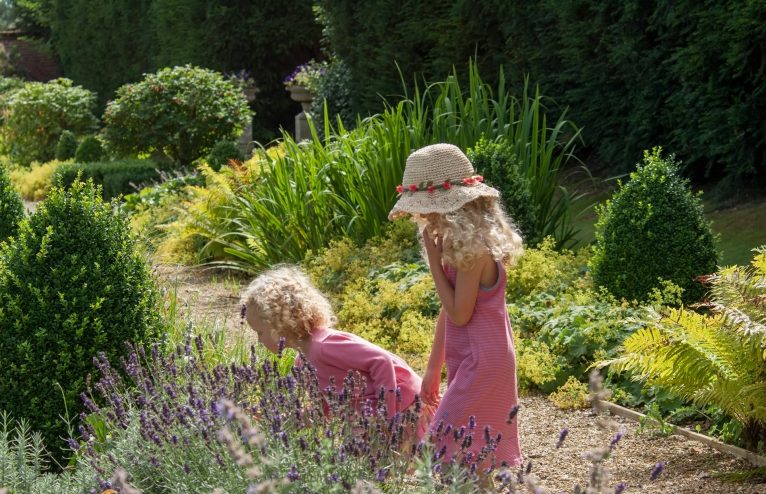





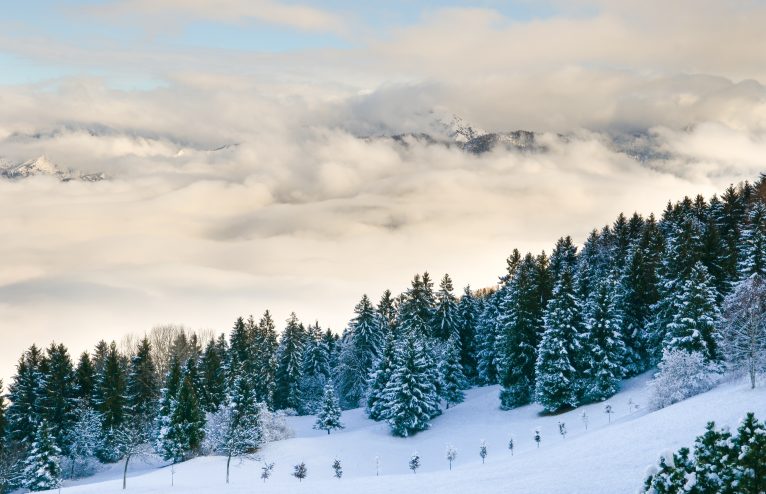
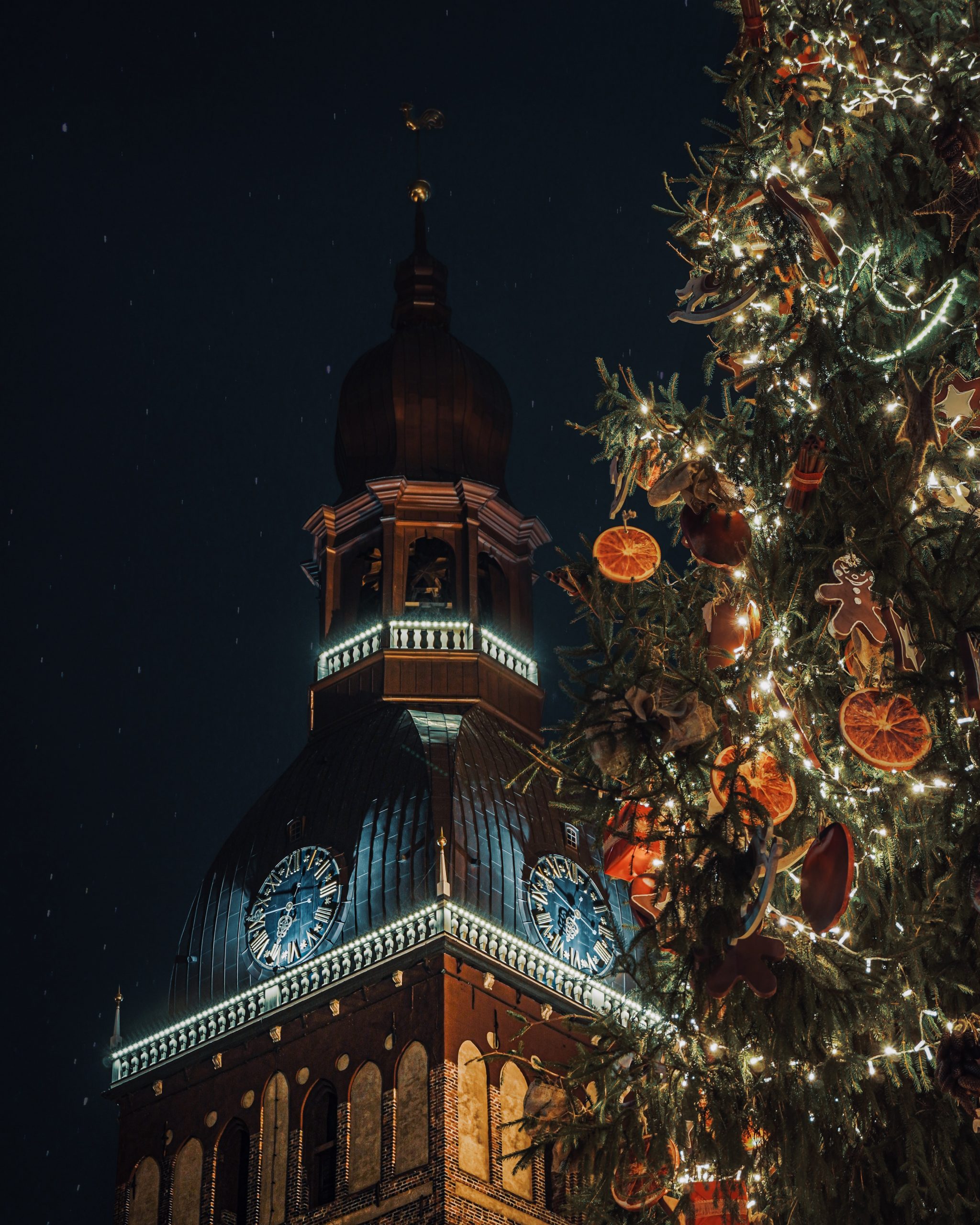





Any Questions or Tips to add?